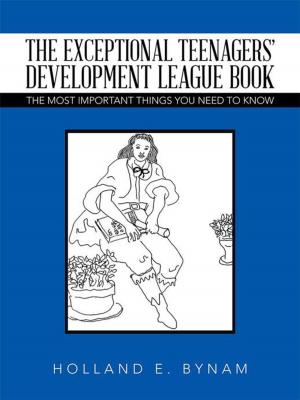Iota
God as Nature, Nature as God
Nonfiction, Religion & Spirituality, Inspiration & Meditation, Spirituality| Author: | Charles Gidley Wheeley | ISBN: | 9781440101854 |
| Publisher: | iUniverse | Publication: | November 19, 2008 |
| Imprint: | iUniverse | Language: | English |
| Author: | Charles Gidley Wheeley |
| ISBN: | 9781440101854 |
| Publisher: | iUniverse |
| Publication: | November 19, 2008 |
| Imprint: | iUniverse |
| Language: | English |
Iota is the acronymic name given to God-or-Nature. It stands for the Infinite One which is conceived under the Two Aspects of thought and matter. Following the 17th century philosopher Benedict Spinoza, from whose works he quotes extensively, Wheeler shows that dualism of any sort, whether theological, philosophical or scientific, always leads to contradiction, division, and conflict, and that regarding ourselves as parts of Nature and of each other is the only way forward to healing the divisions and conflicts between absolutist religions, cultures, and faiths. The most important implication of Iota is that to hurt any part of Nature is to hurt our collective self. Until political and religious leaders grasp this simple concept, there will be little hope for peace in the world.
Iota is the acronymic name given to God-or-Nature. It stands for the Infinite One which is conceived under the Two Aspects of thought and matter. Following the 17th century philosopher Benedict Spinoza, from whose works he quotes extensively, Wheeler shows that dualism of any sort, whether theological, philosophical or scientific, always leads to contradiction, division, and conflict, and that regarding ourselves as parts of Nature and of each other is the only way forward to healing the divisions and conflicts between absolutist religions, cultures, and faiths. The most important implication of Iota is that to hurt any part of Nature is to hurt our collective self. Until political and religious leaders grasp this simple concept, there will be little hope for peace in the world.















